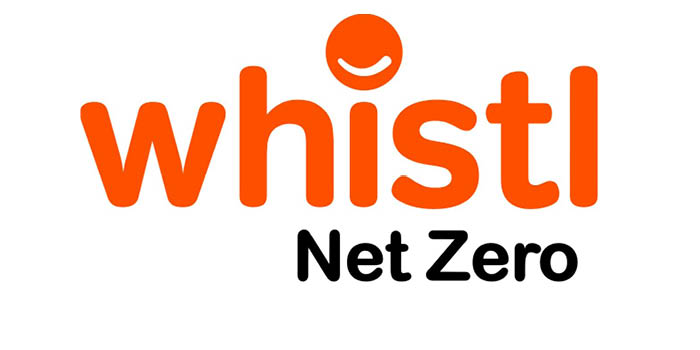Whistl has committed to using the Science Based Targets initiative (SBTi) Corporate Net Zero Standard framework to report on how it will achieve its goal of achieving net zero by 2045.
By signing up to the SBTi framework, Whistl will have its targets reviewed by a panel of experts and, following validation, will have to report on an annual basis the progress it is making on hitting its short- and longer-term carbon reduction goals.
By committing to set a net-zero target, Whistl has also become part of Race to Zero, a global UN-backed campaign that looks to rally leadership from all non-state actors for a healthy, resilient, zero-carbon recovery. Whistl has announced that from a baseline of 2022, the short-term aim is a 21% emissions reduction by 2030. By 2045 it expects to have reduced by 95% its annual carbon dioxide equivalent emissions to under 37,544 metric tons.
The SBTi enables businesses to set ambitious emissions reduction targets in line with the latest climate science. It is focused on accelerating companies to halve emissions before 2030 and achieve net-zero emissions before 2050.
The initiative is a collaboration between CDP, the United Nations Global Compact, World Resources Institute (WRI) and the World Wide Fund for Nature (WWF), and one of the We Mean Business Coalition commitments. The SBTi defines and promotes best practices in science-based target setting, offers resources and guidance to reduce barriers to adoption, and independently assesses and approves companies’ targets.
Nigel Polglass, chief operating officer and ESG board sponsor, Whistl, said, “Whistl is serious about meeting our obligations to significantly reduce our carbon emissions. We are using the global standard SBTi framework to validate our net-zero strategy and will be held accountable on an annual basis to ensure we remain on track to meet our 2030 and 2045 targets.”
Read more key sustainability updates from the parcel and postal technology industry, here.


